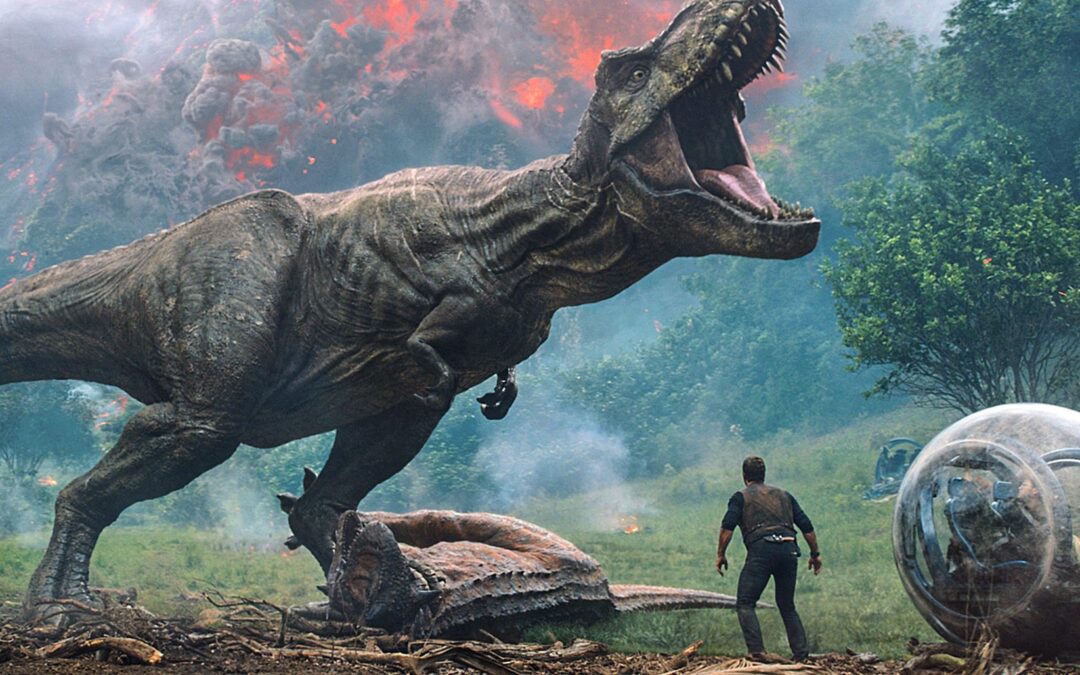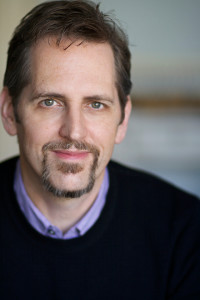When I look at a logline for a screenplay, I’m often wanting more information on what the main character will be doing in the second and third act to try to solve their problem and reach their goal. Writers often stay a bit vague on this, and only tease that briefly at the end. This can be a bad sign that the script itself is lacking in that area — in a focused objective that meets with strong external conflict. (At the very least it can keep the reader from really getting what that is.)
Being clear on this is also important to give a sense of the genre. The central action the main character undertakes and what they face suggests a type of story. Often I find that writers aren’t thinking about genre that much — in terms of delivering an entertainment experience to an audience that fits a certain story type. When pressed, they might default to “drama” by process of elimination, because they know it’s not primarily an action movie, thriller, comedy, etc.
As I said in my book The Idea, dramas often need other elements added to provide a larger-than-life entertainment experience. If they don’t, they might come off as lacking commercial viability. Never underestimate the extent to which successful scripts create an escapist pleasure for the audience and don’t just tell a great or important story. It should be fun for people to consume, to watch, even to read — and that fun often comes in the form of genre elements that are tied up in the central approach to the main story goal and what’s in the way of that goal.
I’m a big fan of Save the Cat’s use of the term genre and am constantly suggesting writers use its ten story types as they develop their ideas. I’ve even writtten separate blogs about each of those. (You can search for them by typing in the genre name in the search bar above, such as “Fool Triumphant.”)
But I also think there’s a place for the more traditional genre labels and working with those.
Students in my online course are sometimes surprised that I reduce these down to six basic story types. In doing so I exclude things like “Sci-Fi,” “Western,” “War” or even “Romance” because to my mind, these are modifiers to one of the six core genres (I have a list of 50 such modifiers in the course), which can be mixed and matched and added to these six genres:
- Action-Adventure
- Mystery
- Horror
- Thriller
- Comedy
- Drama
The first four genres generally involve life-and-death stakes, and indicate a certain kind of activity at the heart of the second and third acts. Is the A Story mainly fighting, chasing and other physical feats? Then it’s action-adventure. Which could take place in a sci-fi situation, or in a war, a superhero movie or even an animated kids movie (like the Toy Story films). In other words, adding modifiers to the core genre further shape the concept. (And can help in brainstorming new ideas.)
Is the main character mostly trying to get information, to solve a puzzle in pursuit of justice? Then it’s a mystery. Are they running from and playing defense against a monstrous killing machine? Sounds like horror. Are they negotiating through a scary situation where physical attacks are possible but not actively happening? Then you’ve probably got a thriller.
If you don’t have life-and-death stakes or any of the above, then you’re looking at comedy or drama. These two genres are less about the nature of the action (which can be varied) and more about the type of entertainment and tone. We all know comedy is played for laughs, and tend to be lighter in stakes. (Though the stakes still really matter to the characters in a huge way.) I would also point out that you can have a sci-fi comedy, a war comedy, a romantic comedy, etc.
If you’re not going for laughs, then perhaps you’re defaulting into “drama.” Drama to me is kind of “none of the above.” And it often needs other entertainment elements added to it, along with that clear external story goal you need in any genre. So maybe your drama has life-and-death stakes, somehow. Maybe it has romance. Maybe it’s sci-fi. Maybe it’s set in war. Maybe it features a combination of several such add-on modifiers, and the story goal is tied into those.
Working with genre in this way can ensure that you’ve got enough entertainment value and escapism in your premise. And when combined with a compelling story goal and difficult active process to try to achieve it (which thinking about genre and modifiers can help with), this can help ensure your story has a chance at grabbing the imaginations of the reader/listener.
So in summary, I say pick a genre. Be conscious of what it is. Don’t just back into it. Embrace the goal of entertaining people. And make sure your main character has an active difficult goal they’re pursuing throughout Acts 2-3 that fits your genre (and its modifiers), and would be fun to watch. And make all of that clear in your logline. Not easy to do all this, but worthwhile!



Thanks for a great breakdown of the genres!
I see you’ve nothing on fantasy; especially, comedic fantasy. I wonder why it was not considered? I write comedy, but I have fun with several genres , a couple dealing with fantasy. Thanks…
Good question! Like sci-fi, I consider fantasy a “modifier.” (It’s on the list of 50.) Because you can have action-fantasy, horror-fantasy, fantasy-comedy, etc.
Thanks. I don’t see much on fantasy. but it is a fun genre. One geared to the imagination and the humor that flies with it…
Thanks again
Thanks Eric, clear definitions of the main genres and the differences.